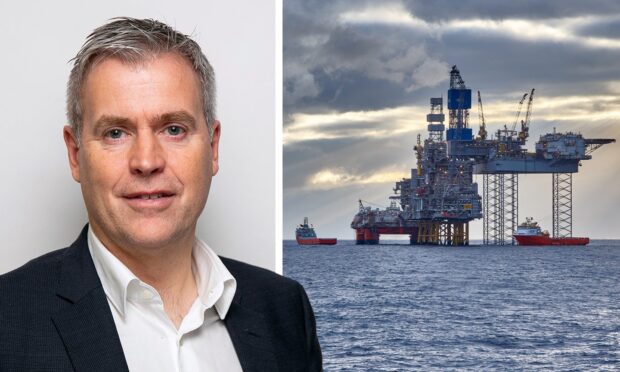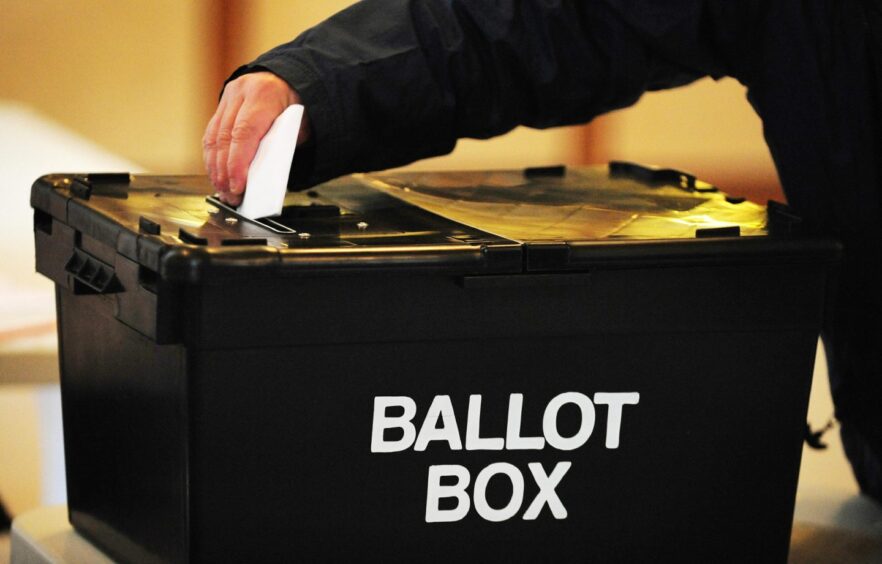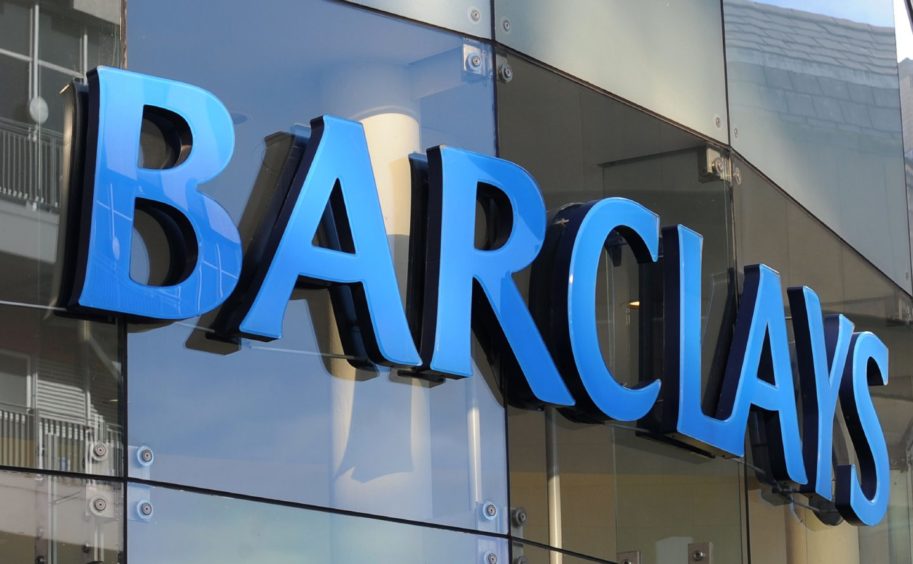While 2023 was, overall, disappointing for M&A activity due to continuing economic uncertainty and high interest rates, the energy sector bucked the trend.
Our Aberdeen-based team had its best year since 2014.
A number of factors contributed to that:
- Favourable sector dynamics, resulting from a stable $70-plus commodity price and ever-growing energy demand.
- The continued revival of and positive outlook for the subsea industry.
- The impact of the high interest rate environment, which focused investor minds on profits rather than hype.
Meanwhile, the apparent awakening of the public, politicians and media to the importance of energy security, and the true economic and social implications of the transition resulted in a welcome change of sentiment.
The industry finally found its voice in articulating the need for oil and gas to provide a secure supply of energy for decades to come.
Last year was buyer’s market
Nevertheless, in contrast to those heady days of 2014, when the oil price averaged almost $100 per barrel, the EPL (energy profits levy) didn’t exist and we were still called Simmons & Company, 2023 was still a buyer’s market.
A protracted downturn followed by the pandemic meant long-held, private equity-owned businesses needed to be sold.
Many other business owners had deferred exits and retirement plans.
As confidence in the sector grew in 2022, the rush to sell led to a somewhat saturated market in early 2023, with more sellers than buyers. Much of this over-supply unwound in 2023 and, with trade buyers more active and a return of some private equity investors, we began to see more competitive processes in the second half of the year.
Looking ahead to the rest of 2024, I expect this to continue. With improving earnings, a long-term positive outlook and strong management teams, there are lots of reasons for optimism.
But in a year dominated by general elections, here and in the US, we cannot underestimate the influence politics will have on the industry and, as a consequence, on M&A.
The UK has an advantage of natural energy resources, but for some time I’ve been concerned we could become the only place to throw it all away on the altar of virtue.
‘Softening’ of rhetoric on oil and gas
With energy security at the forefront and greater honesty about the real cost of net-zero, if not the timetable, there’s been a softening of the political rhetoric against fossil fuels.
There is also general recognition of the need for a responsible, affordable energy transition.
Despite the nonsensical EPL, I was feeling somewhat reassured our politicians were beginning to understand the industry and, just as significantly, the implications their words and actions have on investor confidence.
But, as I was writing this and beginning to muse that all parties were converging on more sensible policies, along came Labour with their latest proposals for “a proper windfall on oil and gas companies” – a 78% tax rate and an extension to the completely arbitrary 2030 deadline.
When will politicians start acting like economic grown-ups and not student activists?
There is no doubt the EPL is biting and having a significant impact on our long-term energy security plans.”
It seems the ability to signal their virtue on the domestic or international stage trumps any desire to understand the consequences of their actions.
In recent years, as politicians have rushed to appease Greta (Thunberg) and the green lobby, for whom no timetable for transition is ever quick enough and the cost doesn’t matter, their anti-fossil fuel rhetoric has had serious, far-reaching consequences.
This is most notably so in relation to the EPL and availability of capital.
Who regards $70 oil as a windfall anyway?
There is no doubt the EPL is biting and having a significant impact on our long-term energy security plans.
Who regards $70 oil as a windfall anyway, and why has the oil and gas industry been singled out.
Others, such as PPE (personal protective equipment) contractors and online shopping giants, enjoyed a genuine windfall from government policy during Covid lockdowns.
Oil and gas operators ‘biting back’ as UK North Sea suffers ‘scary’ decline
The real issue is that UK oil and gas operators have quietly bitten back, deliberately choking investment in the North Sea in the face of the enormous tax burden and investing in more stable geographies. This puts the longer-term future and tax generation of the UK industry at risk.
The true picture of production decline in the North Sea is scary. This ought to be known and understood by our politicians – but is clearly not.
Their political games impact investor confidence, which is harder to shift.
Access to cash is biggest hurdle facing oil and gas industry right now
Hence, access to capital and, in particular, debt is the biggest single challenge for the industry today as many banks and financial institutions remain caught in the “oil and gas is bad” phase that reflects political comments from COP26.
Barclays is the latest bank to signal a further retreat from oil and gas.
Perhaps the bankers who were so vilified after the global economic crisis in 2008 are finally delighted to see another sector taking the brunt?
Similarly, many private equity firms want to invest in the sector but are challenged by investors in their funds who remain determined to buy their way into heaven with other people’s money. They hardly give a thought to the needs of people, many of them ordinary pensioners, who just want to maximise the value of their retirement funds.
The lag between ever-shifting political views and the longer-term decisions of investors will need to close rapidly if we are to retain our place on the global energy stage and be at the forefront of a balanced transition.
Norway and Middle East both get it, so why doesn’t UK?
It is the oil and gas profits of today that will power tomorrow’s transition.
Norway gets it. Even the Middle East, with its abundance of oil and gas reserves, gets it.
Sadly, closer to home too many people don’t.
Yet again, an industry which has been at the heart of improving the length and quality of people’s lives for almost six decades, is staring at more uncertainty.
Nick Dalgarno is the Aberdeen-based managing director of investment bank Piper Sandler.





Conversation